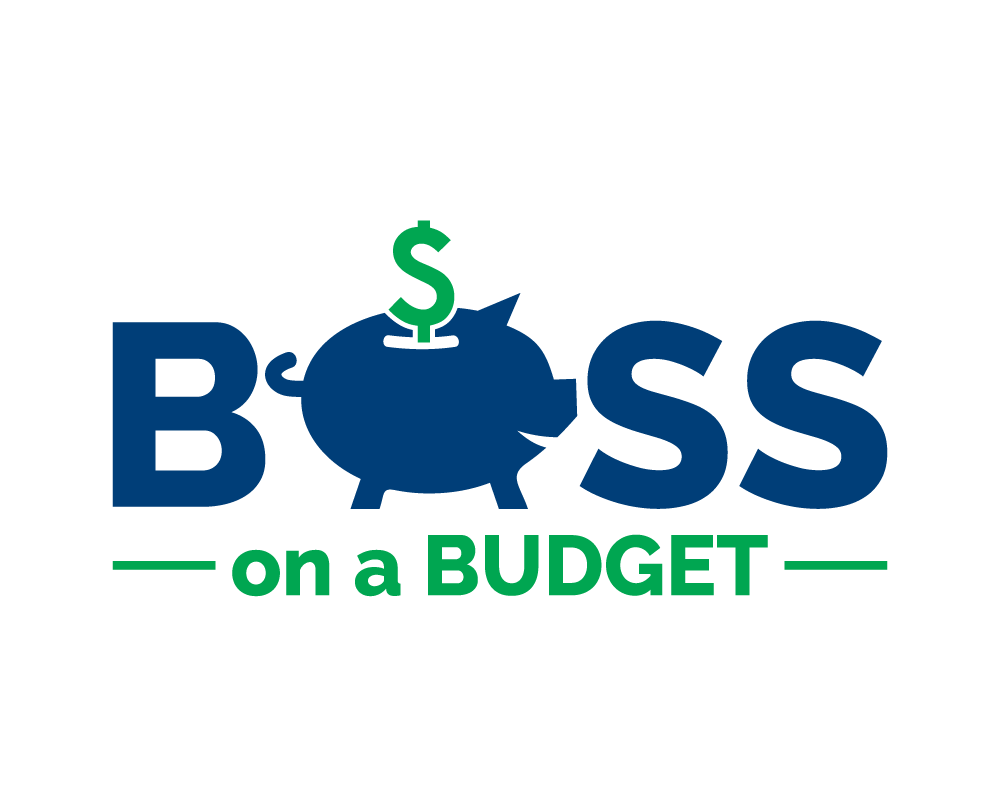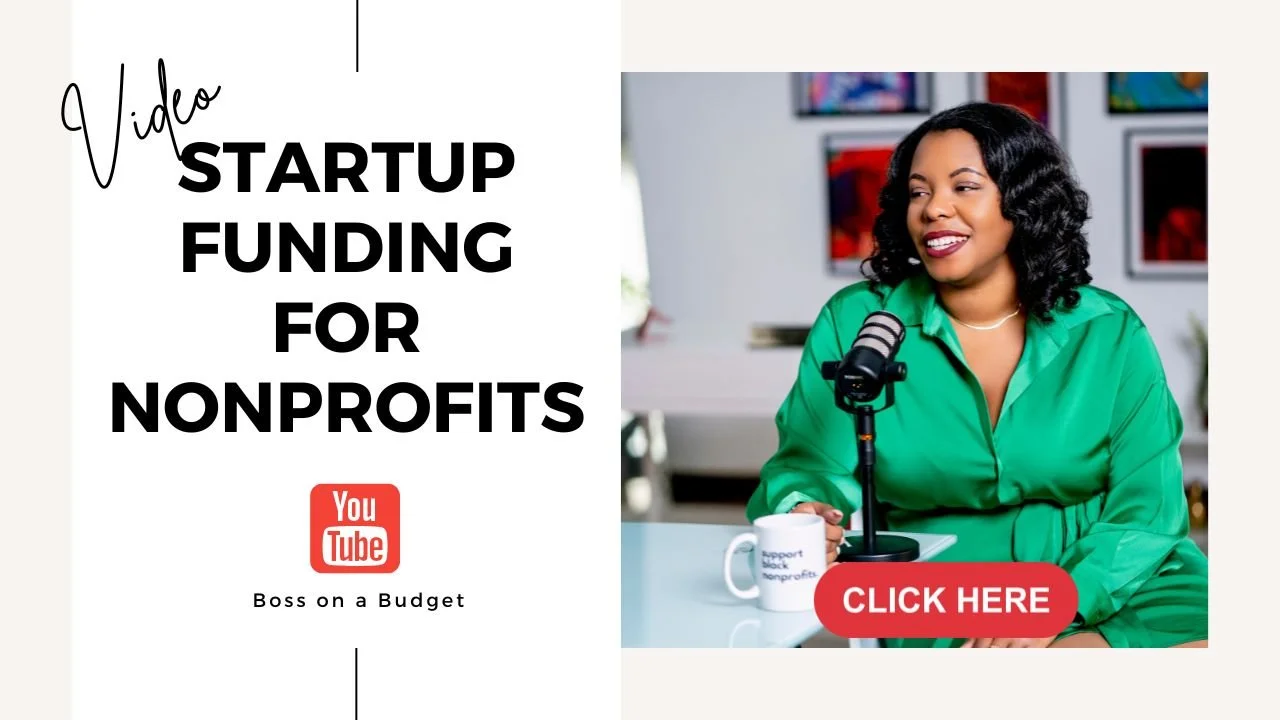Where are the startup grants for nonprofits?
It is the #1 question I hear. Every month, it comes up in my Facebook group. Where can I find start-up grants for my nonprofit?
It sounds like a simple question, but I find myself hesitating because it really isn’t that simple. Most people who ask that question haven’t yet come to grips with their unrealistic views of how a nonprofit functions. Answering the question is not as simple as giving you a list of funders (wouldn’t life be easy that way), but it means a better understanding of how grant-making works and how to approach your grant writing strategy overall.
When people say they’re looking for start-up funding (which in many circumstances they mean grants), 90% haven’t gone through the necessary steps to obtain that funding. It’s the catch-22 that new nonprofits find themselves lost in—you need money to provide services to prove you’re worthy to be funded, but you don’t have the money to do the work.
So where does that leave the majority of new nonprofits? Just how do you get started when you have no capital, few or no prospects, and you have no idea where to start?
Note: If you’re in the beginning stages of your nonprofit, be sure to read to the end for help getting set up.
Your Start-Up Funding Probably Won’t Come From Grants
Ask any oldhead in the game and you’ll find out quickly what they already know: most new nonprofits don’t get grants. Most don’t get them until year 3. It is difficult to receive grant funding for nonprofits that are relatively unknown, have no proof of impact, and who don’t have a financial history. Funders are making an investment with their grantmaking. They are not simply giving their money to everyone who asks. They have worked out a process to determine who is the best fit and the most worthy of their funding. If YOU had money to give away, would you pass it along to people with no track record and you’re not sure if they can handle the gift? Funders are the same way. If they can’t make a case for why you're qualified and there’s no evidence to show otherwise, then the likelihood of them selecting your organization is slim to none. Don’t get me wrong, there are funders that provide grants to new organizations (see my note below), but the grants are probably small and will not support a large part of your operations.
Who’s In Your Network?
Your startup funds will come from two main places: your pockets and your network. And they should. As a nonprofit you have to learn how to connect with those with common interests so that they will support your organization. For your entire existence, you are learning how to perfect your pitch. So why not start in the very beginning by telling your nonprofit’s story and getting people invested in your vision? The sooner you get people to care about your “why”, the better off you will be. You will lean heavily on your board who can help your sharpen your message to get people to invest in your programming. Donors give to those they have a connection with and those whom they trust. Use your board and staff’s networks to build a small group of donors who can get behind you early. Use that to start the work. Grant funding will come after you’ve done some of the work, and it’s hard to get the work done unless you have community support and community dollars.
Be Creative About Generating Income
Contrary to what most believe, nonprofits can make money, and they *gasp* can actually turn a profit! The key difference between for-profits and nonprofits is how that profit is used. Any additional funding cannot just be distributed to officers or directors at the organization, they must be used for ongoing operations. There are more ways to get funding than asking or applying for it. You can also earn money. Start by asking yourself: what skillsets or value do myself, staff or board possess? Do we have a skill that the community or other organizations need? Is there something that we can do better than anyone else? Can we share that skill through a class or other mechanism that we can charge for? Is there a product that we can sell that would be of interest to our community? Can our clients afford to pay for our services? Starting with those questions may produce ideas for developing alternate streams of income that can support your operations. Just because you're a nonprofit, it doesn’t mean that your services have to be free. You may be able to charge for your services, even if you have a sliding scale.
Most grants limit the amount of funding that can be used for administrative costs like rent, utilities, or salaries for non-program staff. That’s another reason why you should have another stream of income that’s less restrictive and gives you flexibility to run your organization.
Here’s a BIG side note: For any earned income that is not central to your mission, just be mindful that the IRS may consider that taxable income and may limit the amount of unrelated income you can bring in. Find out more at the IRS site on unrelated business income.
Wait…..you didn't think I would just leave you hanging, did you?
Start-up Grants!
Yes there is limited grant funding available even if you’re just getting started. Your first stop should be your community foundation. Virtually every locality in the country has a community foundation. Some have more than one. In the simplest terms, community foundations manage portfolios for small or local funders. For example, if a local family wants to give out a scholarship in honor of a deceased family member each year, they can pay a fee for the community foundation to facilitate that program. Community foundations will know about the smaller funders in your area. They will also know the types of programs that are funded. Reach out to them to find out if there is any available funding that fits your programming. Introduce them to your organization so they can be on the lookout for potential funding. Next, check in with your local nonprofit association. Nonprofit associations are membership organizations that provide specific benefits to the nonprofit sector. They also may know of local funders interested in startups. Also, there are two grants that I always refer to newbies: The Pollination Project and The Awesome Foundation. I’ve heard of several organizations that have received those grants.
**Use Instrumentl for discovering, tracking and managing your grants in one place. Use the code BOSSONABUDGET50 when upgrading for $50 off your first month! Sign up here.
Remember, grants don’t have to be in the form of money. Some grants provide access to pro bono or complimentary consultation in accounting, strategic planning, or marketing, for example. These services may be invaluable for helping you to shape a viable strategy for success.
The Best Approach for Your First Grant Search
In your quest for funders, my best advice is to keep it local when you’re first starting out. Think about where you shop, the businesses you frequently visit, community clubs (like the Knights of Columbus or the Kiwanis). Most of these organizations have community grants or do some kind of community engagement. Pay attention to utility companies and banks. Many have small grants that can play an integral role in your startup process and create great visibility for your organization. Also consider local government agencies who are often looking for community organizations to provide services for residents - it may be easier to win a local contract over a grant.
For a new start-up, the search for funding is your top priority. To position yourself to be funded, focus more on perfecting your message, communicating with as many people as you can and investing in relationships that stick. Doing that creates the building blocks to help you eventually get funding. Hang in for the long haul, and eventually you will reap from your efforts!
——> Remember. Much of your success depends on HOW you set up your nonprofit, which means 4 key elements:
strategic plan
operating budget
fundraising plan
communications plan
Find out more in my next post HERE.
What was your first nonprofit grant you won? Leave your answer in the comments.



